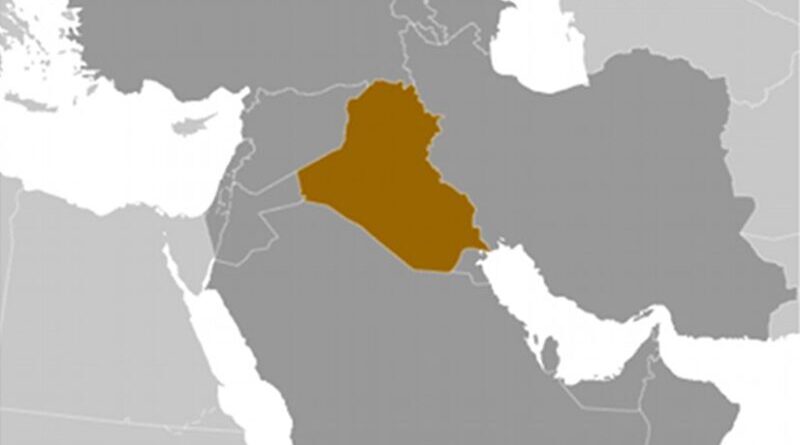Iraq: US Troop Pullout – OpEd
By Arab News
After nearly nine years, the death of over 115,000 Iraqi civilians and more than 4,400 US troops, and the expenditure of hundreds of billions of dollars, President Barack Obama has said the last American soldier would leave Iraq by year’s end with his head held high.
The troops are proud, possibly, but was it worth it? The Shock and Awe war was one of America’s longest and with Vietnam, its most divisive conflict. It began with Obama’s predecessor George W. Bush invading Iraq in 2003, on less than water tight information that Saddam Hussein was endangering the world with weapons of mass destruction. The arms were never found and what followed were US troops embroiled in a bitter insurgency which America, which thought it would be welcomed with roses and kisses for toppling Saddam, had not been prepared for. The US learned early and never got over the fact that stability would not arrive on the back of an Abrams (US military tank).
As such, all remaining 40,000 US troops are to exit Iraq and this deeply unpopular war in accordance with a deal struck between the countries in 2008 when Bush was president. It was assumed the accord would inevitably be renegotiated so that Americans could stay longer. Indeed, in recent months, Washington had been discussing with Iraqi leaders the possibility of several thousand American troops remaining to continue training Iraqi security forces. But the issue of legal protection for the Americans was the deal-breaker. Iraqi leaders refused to give US troops immunity from prosecution in Iraqi courts, and the Americans refused to stay without that guarantee. Given the number of civilian shootings involving US troops since the US-led invasion, at heavily fortified checkpoints or during botched raids and illegal detentions, the abuse of Iraqi prisoners at Abu Ghraib prison and fatal incidents involving private security contractors and collateral damage from US military operations, the issue of any remaining American troops in Iraq receiving immunity was strongly opposed by Iraqis and made it extremely difficult to get any deal past the country’s Parliament.
Administration officials said they feel confident that Iraqi security forces are well prepared to take the lead in their country, however, the US withdrawal provokes a number of questions about Iraq’s future, including whether the Iraqi military and security forces are up to the job of keeping the peace, and whether Iran will seek to expand its influence in Iraqi politics.
Republicans running for elections criticized Obama for not having secured an orderly transition in Iraq, and for having established timetables to pull out of both Iraq and Afghanistan, arguing that Obama should be more flexible to the requests of commanders on the ground.
In a way, pulling troops out by the end of this year allows both Obama and Iraqi Prime Minister Nuri Al-Maliki to claim victory. Obama kept a campaign promise to end the war, and Al-Maliki will have ended the American presence and restored Iraqi sovereignty.
The saddest aspect of the whole misguided adventure was that Iraqi civilians from the beginning were condemned to suffering and protracted agony. The probability that they would pay dearly for the consequences of the war was extremely high from the outset. They were from day one victims of an astonishing clumsiness and failure of US foreign policy.

